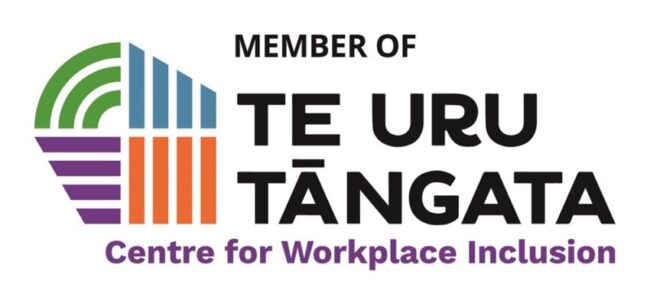New regulations have been introduced that broaden WorkSafe’s powers and impose new obligations on operators of adventure activities – read on for key changes.
The Health and Safety at Work (Adventure Activities) Amendment Regulations 2023 (Regulations) came into force on 1 April 2024, hot on the heels of the Whakaari White Island litigation.
Operators should make sure they understand their obligations under the new Regulations and change practices to ensure compliance.
- If you have queries about how the Regulations might impact your business, please contact a member of our specialist Employment Law and Health and Safety teams
Who do the Regulations apply to?
The Regulations apply to ‘adventure activities’ and impose obligations on ‘operators’ of those activities, along with safety auditors. You are only an ‘operator’ if you directly provide the activity in person, or indirectly provide the activity through a worker or other person.
The definition of ‘adventure activity’ has not actually changed in the Regulations and a review of the definition is not scheduled until 2026.
If you are unsure about whether a certain activity falls within the definition, we recommend contacting us and/or WorkSafe for guidance.
Key changes include:
- To encourage more direct engagement with WorkSafe, it is now the operator’s responsibility to register with WorkSafe (rather than being the safety auditor’s responsibility).
- There is now a duty to inform participants of serious risks associated with taking part in the activity before booking, before the activity commences and during the activity. Operators should pay special attention to the fact that the duty is to “take all reasonable steps” to inform, meaning it should be identified as a must-read on the booking page at a minimum.
- Operators need to consider ‘natural hazards’, meaning any atmospheric or land or water-related occurrence which could adversely affect a place where an adventure activity is provided. These include volcanic activity, landslip, storm, flooding, avalanche, rockfall or icefall.
- Operators of adventure activities need to make sure they engage a technical adviser with expertise in the particular natural hazard to assist with plans to eliminate (or more plausibly, mitigate) the natural hazard.
- WorkSafe has more power to decline, suspend, cancel, and add conditions to operator registrations. This includes a right to suspend an operator immediately if the activity poses an imminent serious risk to the participant’s health and safety. It is important to understand that these powers can be exercised even where an operator is not at fault in any way. For example, if the inherent risk from the natural hazard is simply inherently too high to be acceptable.
- There are new ‘notifiable incidents’ which include: natural hazards, and any time safety-critical equipment fails or malfunctions.
- There are changes to the Safety Audit Standard. A copy of the new standard (which also came into force on 1 April 2024) can be found here. Operators have ongoing obligations under the Standard to continually improve their safety management systems and to review them upon any law change – for example, these Regulations coming into force. We recommend that all operators conduct a review immediately, if they have not already.




